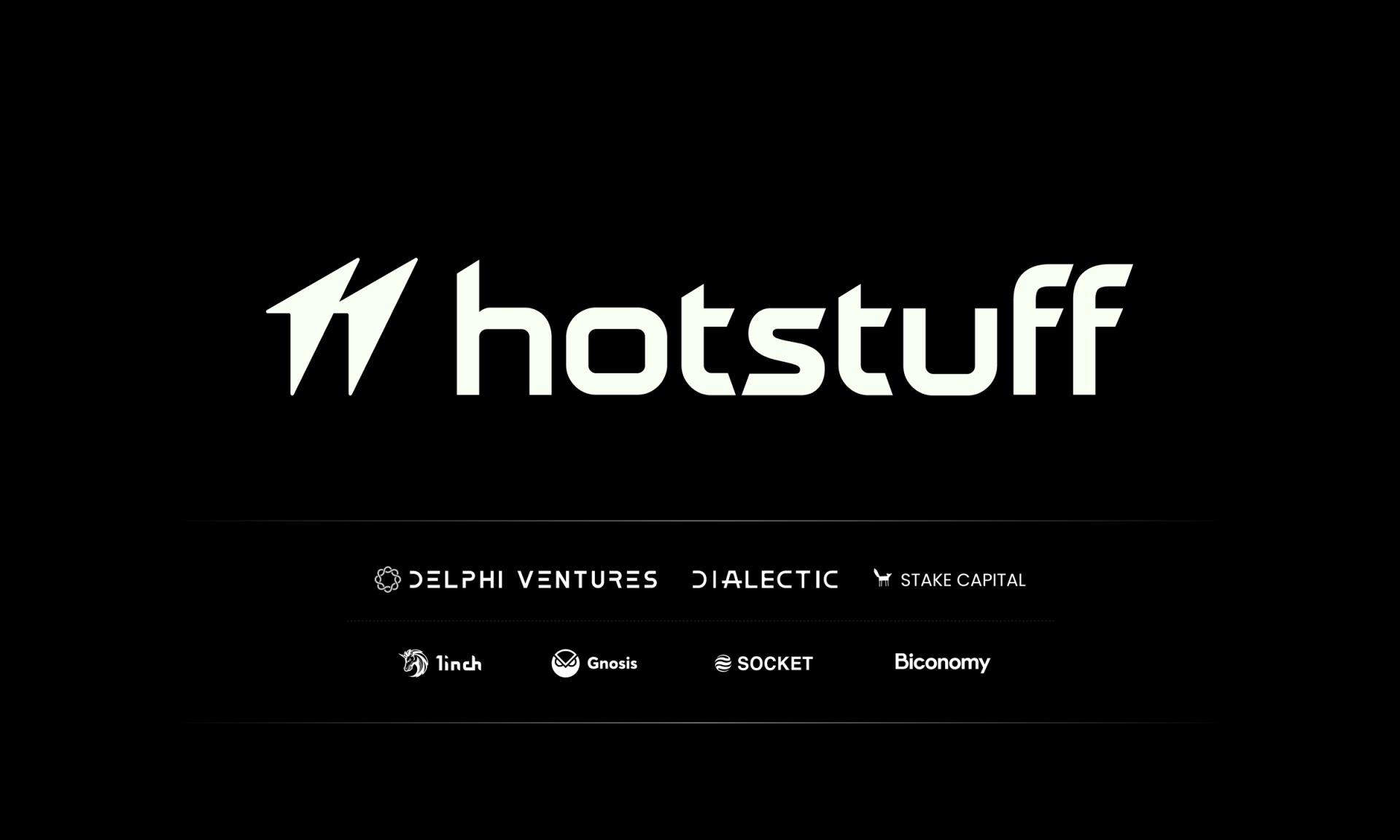A utility token is a digital token that serves a specific purpose within a particular ecosystem or platform. Unlike other types of tokens, such as security tokens or stablecoins, utility tokens are designed to enable the use of a specific product or service. They are created to serve a function and are only used within the ecosystem they are issued for.
What is the working mechanism of utility tokens?
Utility tokens function as a type of digital currency that can be used to access and pay for goods or services within a decentralized application (DApp) or blockchain network. These tokens are often built on a blockchain platform, such as Ethereum, which provides the necessary infrastructure to facilitate token transactions.
When a user acquires utility tokens, they can utilize them within the platform for various purposes. For example, let’s consider an online marketplace that issues utility tokens. Users can purchase these tokens and then use them to buy items from sellers on the marketplace. The utility tokens act as a medium of exchange within the platform, allowing users to interact and transact without the need for traditional currencies.
What is the difference between Utility Tokens and Security Tokens?
It is important to understand the distinction between utility tokens and security tokens. While both types of tokens are created through Initial Coin Offerings (ICOs) or Token Generation Events (TGEs), their functions and regulatory considerations differ.
Utility tokens are not intended for investment purposes and are not subject to the same regulations as securities. The Securities and Exchange Commission (SEC) in the United States uses a framework called the Howey Test to determine whether a token qualifies as a security. The test examines whether the token meets specific criteria, such as being an investment of money in a common enterprise with an expectation of profit solely from the efforts of others.
On the other hand, utility tokens derive their value from their usability within a specific platform or ecosystem. Their primary purpose is to enable access to products, services, or specific functionalities. Unlike security tokens, utility tokens typically do not represent ownership or provide dividend rights.
What are some examples of Utility Tokens?
There are numerous utility tokens in existence, each designed for a different purpose within their respective ecosystems. Here are a few notable examples:
What is Filecoin (FIL)?
Filecoin is a decentralized storage network that allows users to store, retrieve, and host data in a secure and distributed manner. The Filecoin utility token is used to incentivize storage providers to offer their resources and to reward users for storing and retrieving files. By using Filecoin tokens, participants can access the network’s storage and retrieval services.
What is BAT (Basic Attention Token)?
BAT is the utility token of the Brave browser ecosystem. It is used to facilitate transparent and efficient digital advertising and is earned by users who choose to view privacy-respecting ads. Users can then use BAT tokens to support content creators, tip publishers, and even redeem rewards within the Brave platform.
What is BNB (Binance Coin)?
BNB is the native utility token of the Binance exchange, one of the largest cryptocurrency exchanges globally. BNB offers various benefits to users, including reduced trading fees, participation in token sales on the Binance Launchpad platform, and access to other services within the Binance ecosystem.
What is the Future of Utility Tokens?
Utility tokens have gained significant traction in the blockchain and cryptocurrency space, and their importance is likely to grow further in the future. As more decentralized applications and platforms emerge, utility tokens will play a crucial role in incentivizing participation, promoting network effects, and enabling seamless transactions within ecosystems.
However, it is important to note that regulatory environments around utility tokens are continuously evolving. As governments and regulatory bodies establish guidelines and frameworks, the classification and treatment of utility tokens may change. It is advisable for both investors and project teams to stay informed about the latest legal and regulatory developments in their respective jurisdictions.
What is the conclusion?
Utility tokens are an essential component of many blockchain projects and platforms. They provide users with access to specific products, services, or functionalities and play a vital role in incentivizing network participation. Unlike security tokens, utility tokens are not intended for investment purposes but rather serve a practical function within their ecosystems.
As the blockchain industry continues to evolve, utility tokens are likely to become even more prevalent, powering decentralized applications, ecosystems, and innovative business models.














